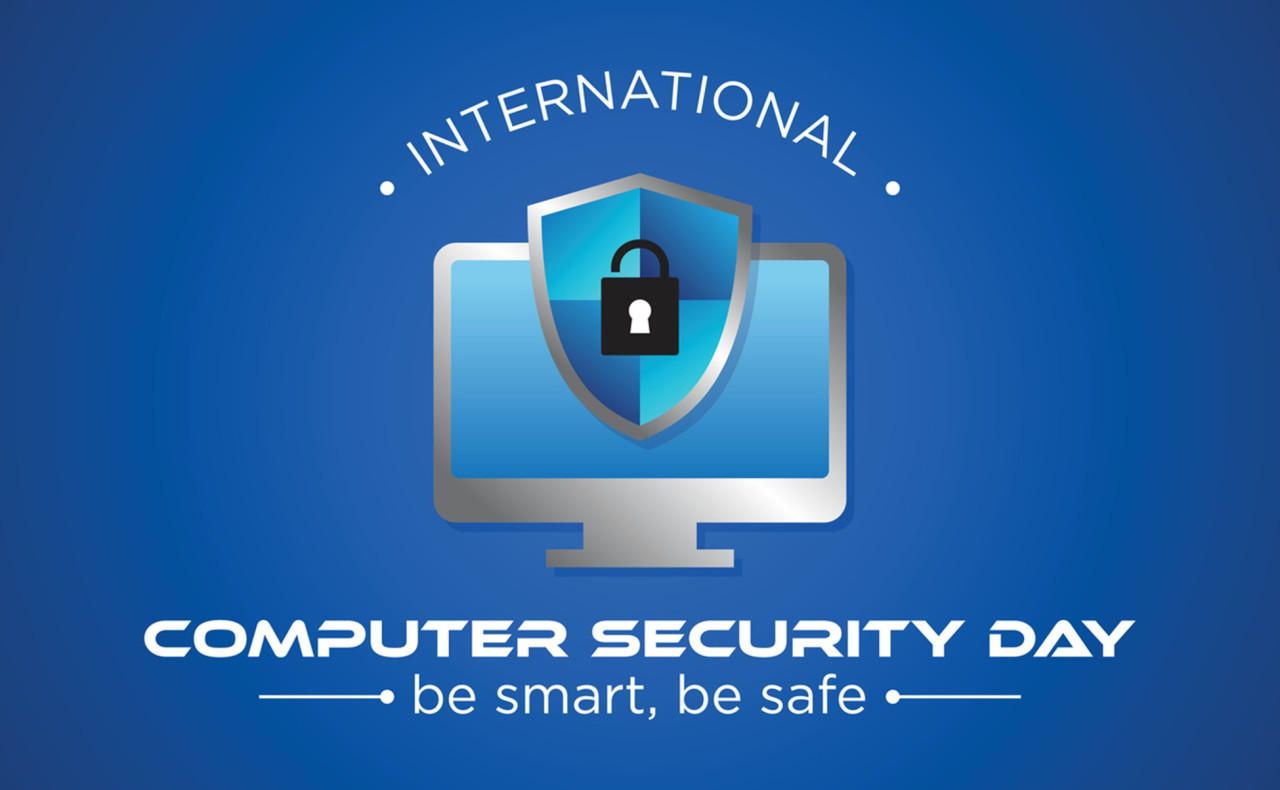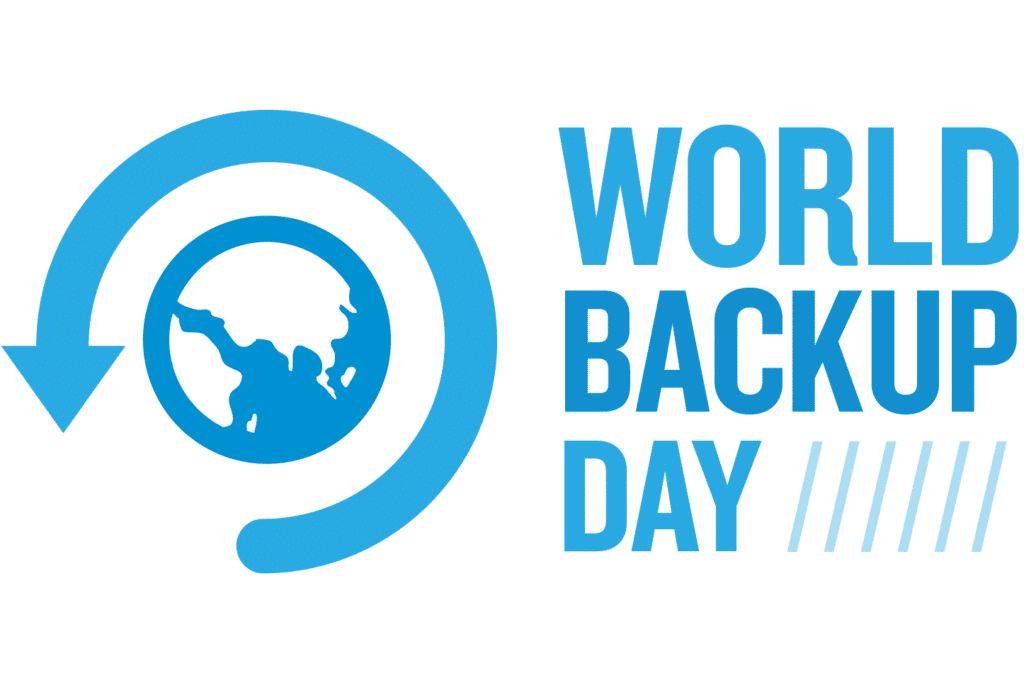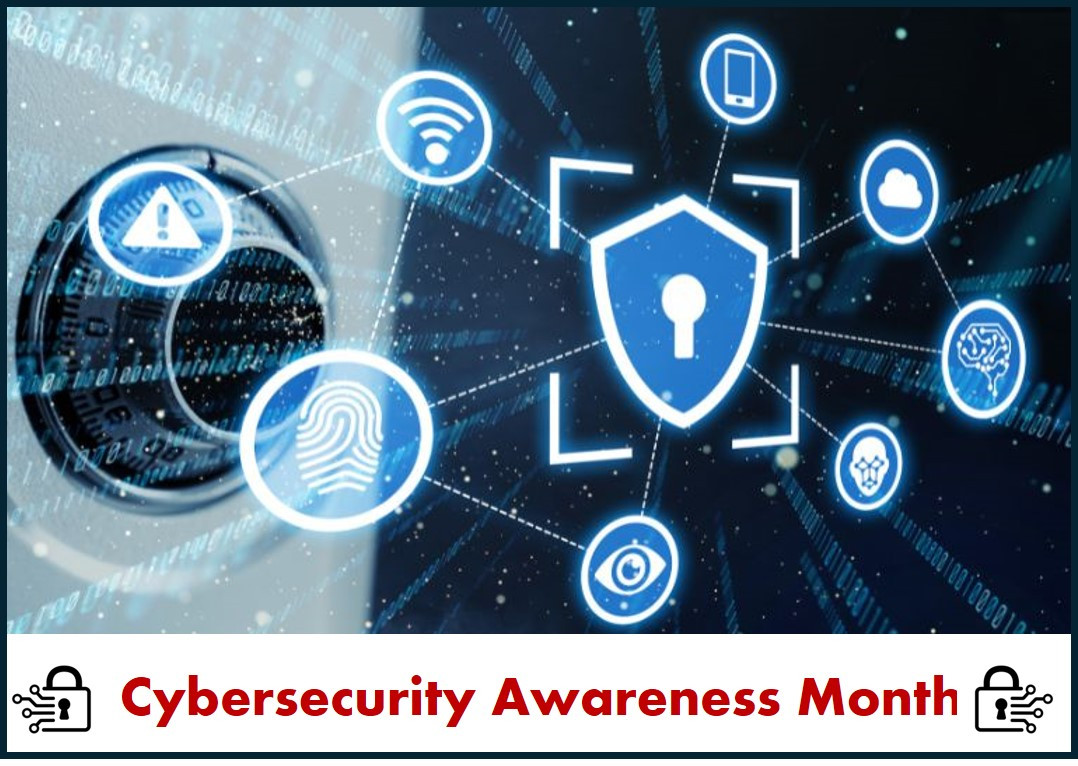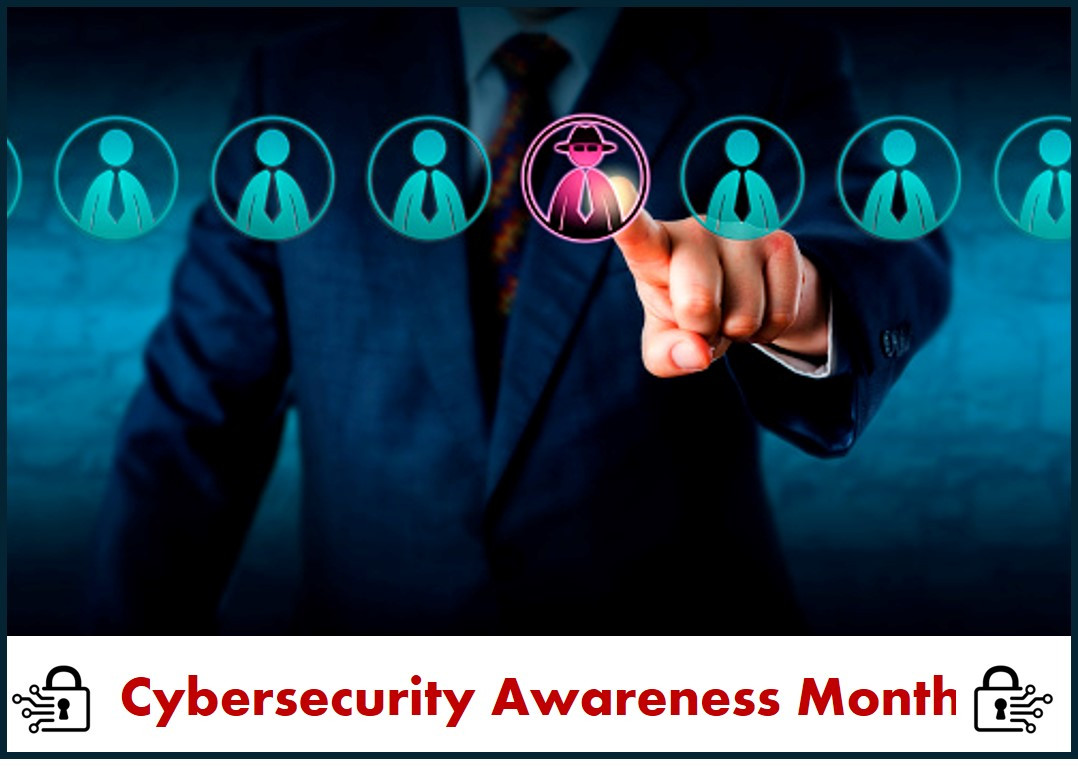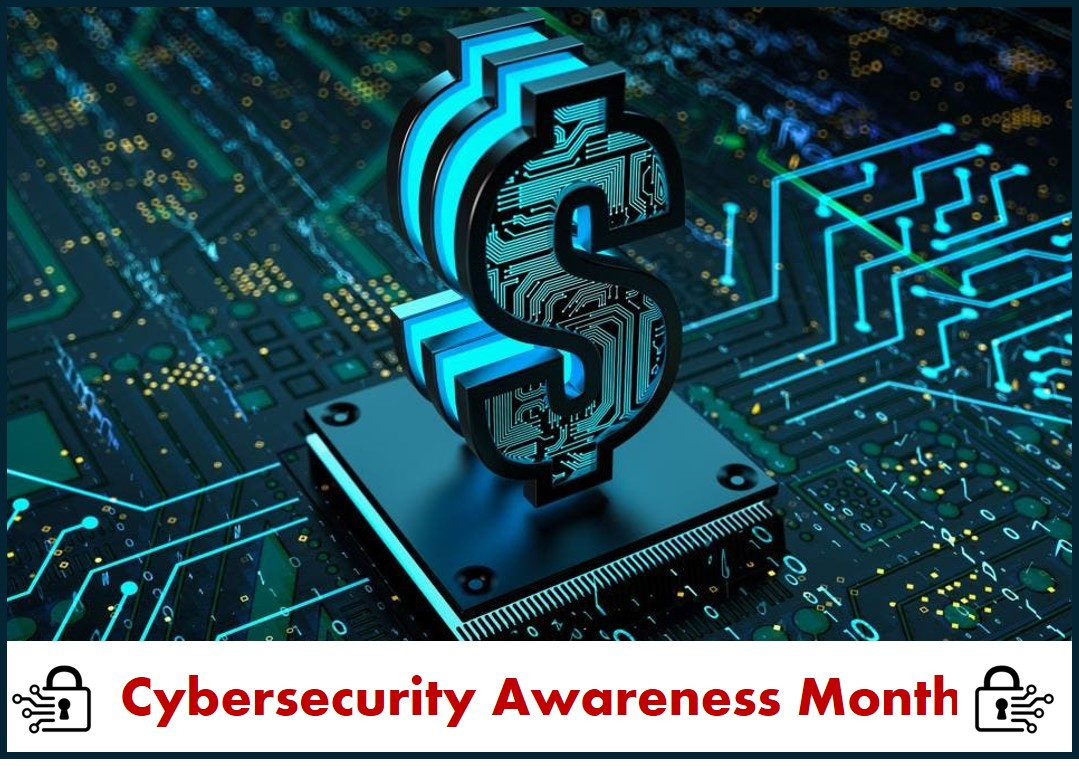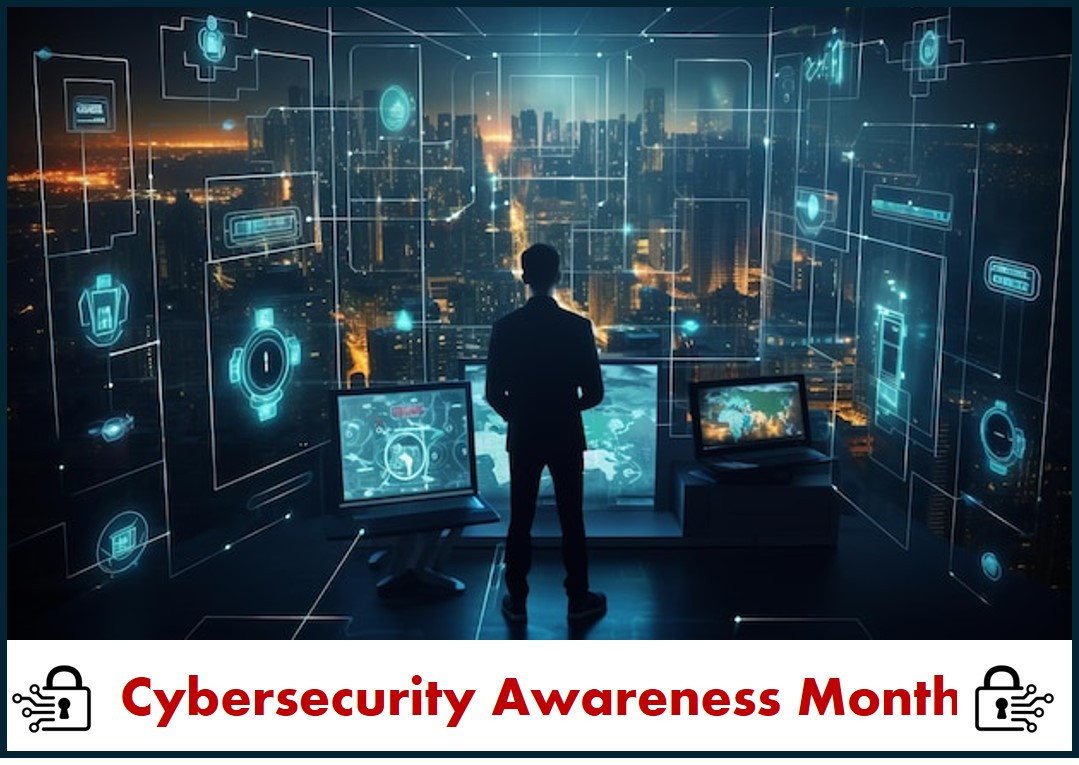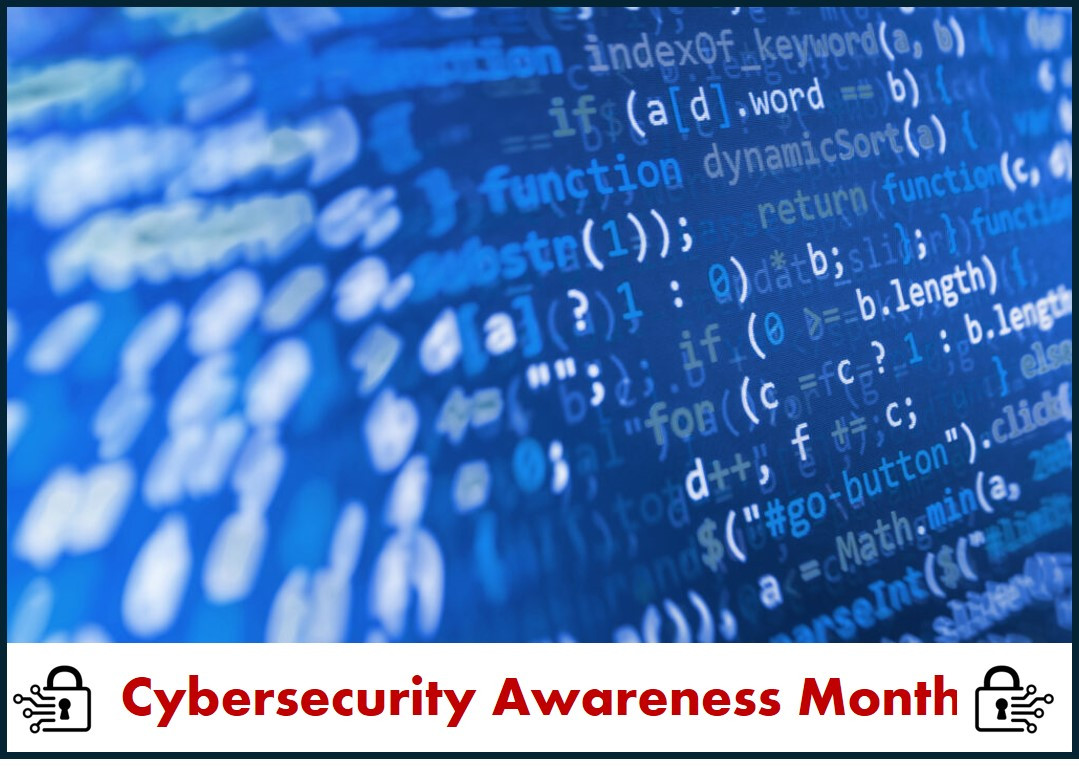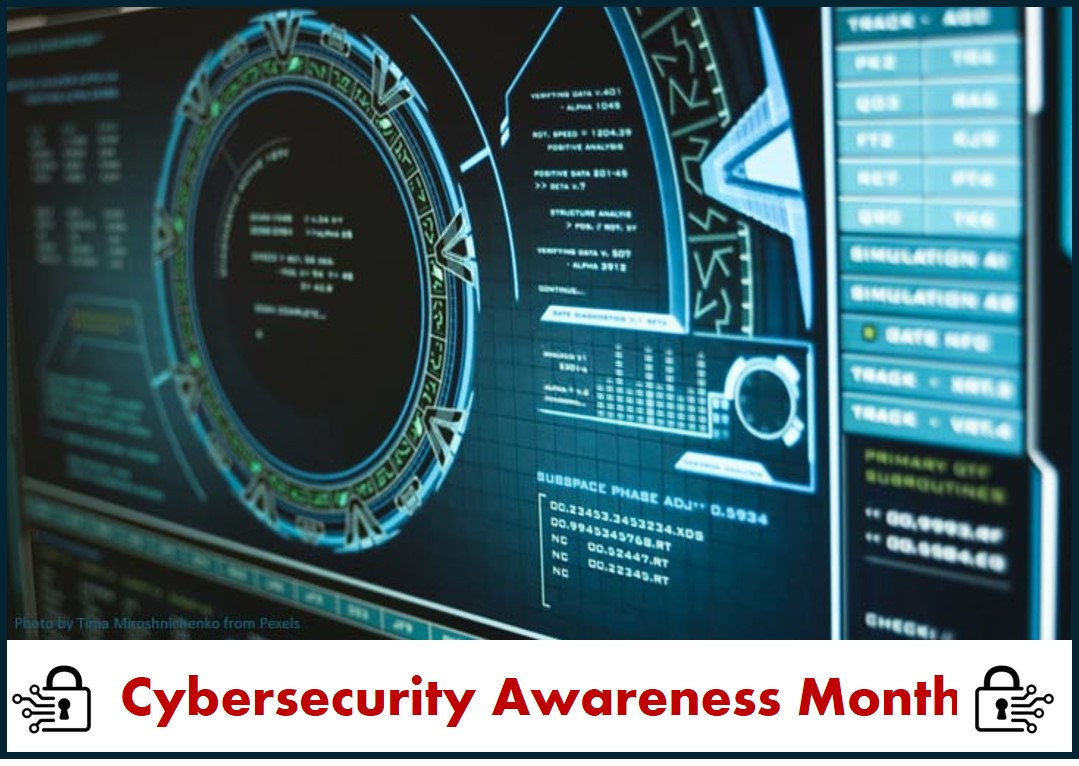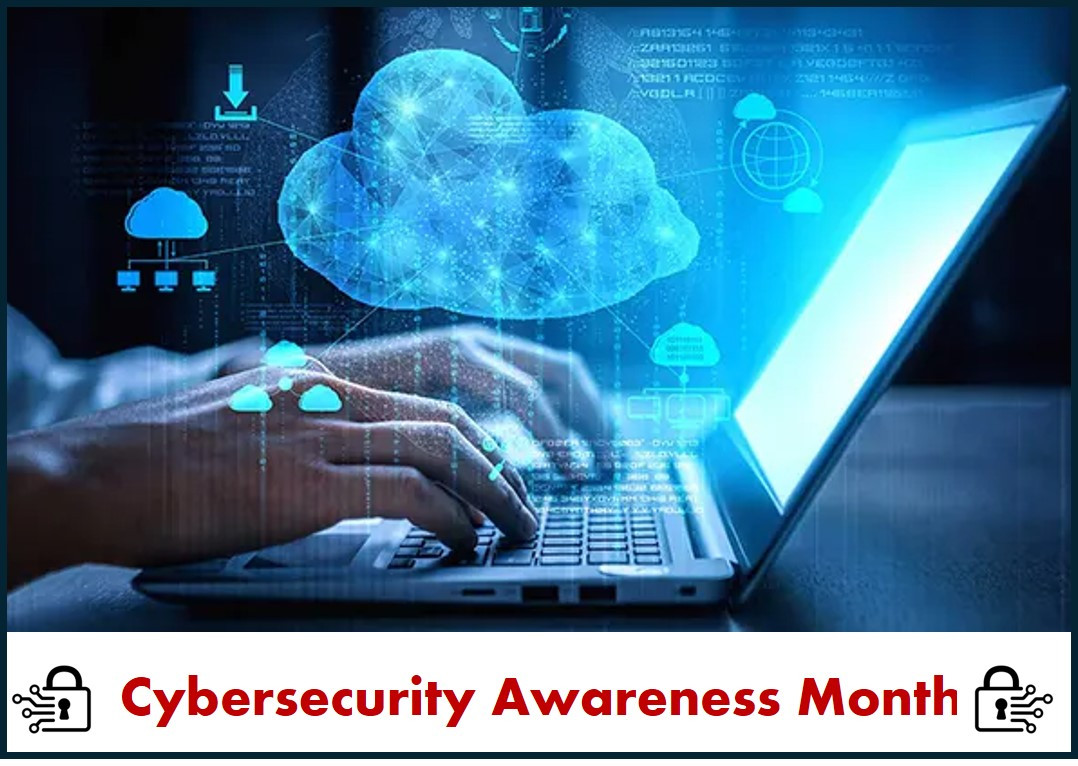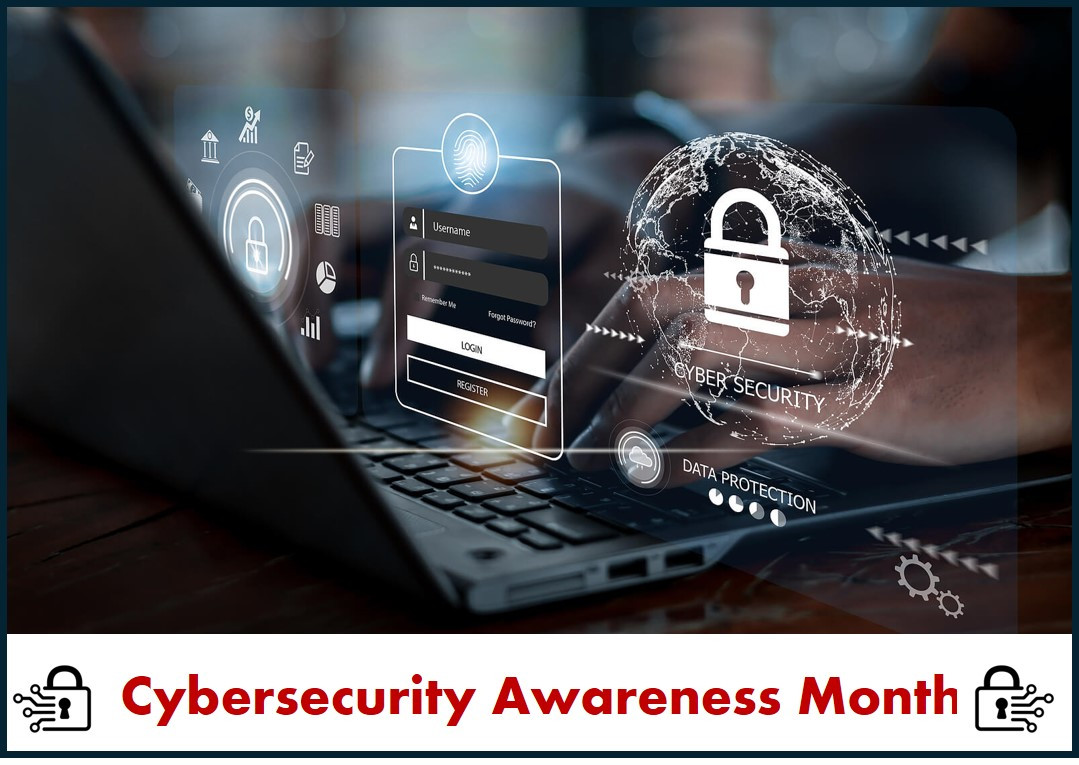InTegriLogic Blog
As more businesses embrace remote work, ensuring compliance becomes a critical challenge. At InTegriLogic, we often see the same compliance violations jeopardizing security and putting companies at risk. Knowing these common pitfalls can help you protect your business and maintain workforce compliance.
Microsoft 365 (O365) has become a staple for businesses, offering seamless email, collaboration tools, and cloud storage. However, one crucial aspect many businesses overlook is the need for O365 email backup. While O365 provides a basic data retention policy, it doesn’t offer the same protection against data loss as a dedicated backup solution.
Data backup is an essential part of every business's IT security strategy. But how often should your business back up its data? The answer depends on your company’s needs, the type of data, and how critical it is to your operations. In 2025, it’s more important than ever to establish a backup schedule that works for your business, ensuring minimal downtime and data loss. Let’s explore best practices for business data backup in the year ahead.
Many businesses assume that Microsoft 365 keeps their data safe automatically. But did you know Microsoft doesn’t fully back up your emails, files, or Teams conversations? If critical business data is lost due to accidental deletion, cyberattacks, or system failures, Microsoft’s built-in retention policies may not be enough to recover it.
That’s why having a dedicated backup solution for Microsoft 365—including Outlook, SharePoint, OneDrive, and Teams—is essential.
The cybersecurity landscape is always evolving, and as we look toward 2025, several key trends are expected to impact businesses of all sizes. One of the top trends is the rise of AI-driven cybersecurity. Artificial intelligence is becoming a critical tool for identifying patterns in data that indicate potential threats, and it allows for rapid response to prevent breaches. This advanced technology is especially beneficial for businesses, as it helps them stay a step ahead of increasingly sophisticated cyberattacks.
Encryption plays a crucial role in protecting sensitive business data from unauthorized access and breaches. By converting data into a secure format that can only be deciphered with a specific key or password, encryption ensures that even if data is intercepted or accessed by unauthorized parties, it remains unreadable and unusable.
Using outdated software poses significant risks to your business, as it often lacks the latest security patches and features designed to protect against emerging threats. Cybercriminals actively exploit vulnerabilities in older software to gain unauthorized access to systems, steal sensitive data, and launch attacks.
Blog Post: Why Every Business Needs a Cybersecurity Incident Response Plan
In today’s digital landscape, no business is immune to cyber threats, making a well-defined cybersecurity incident response plan a critical component of any organization's security strategy. An incident response plan outlines the steps to be taken when a cybersecurity incident occurs, from detecting and analyzing the threat to containing, eradicating, and recovering from the attack. Having a structured plan in place allows businesses to respond swiftly and effectively, minimizing the impact of the breach and reducing potential downtime.
News & Updates
Contact Us
Learn more about what InTegriLogic can do for your business.
InTegriLogic
1931 W Grant Road Suite 310
Tucson, Arizona 85745

